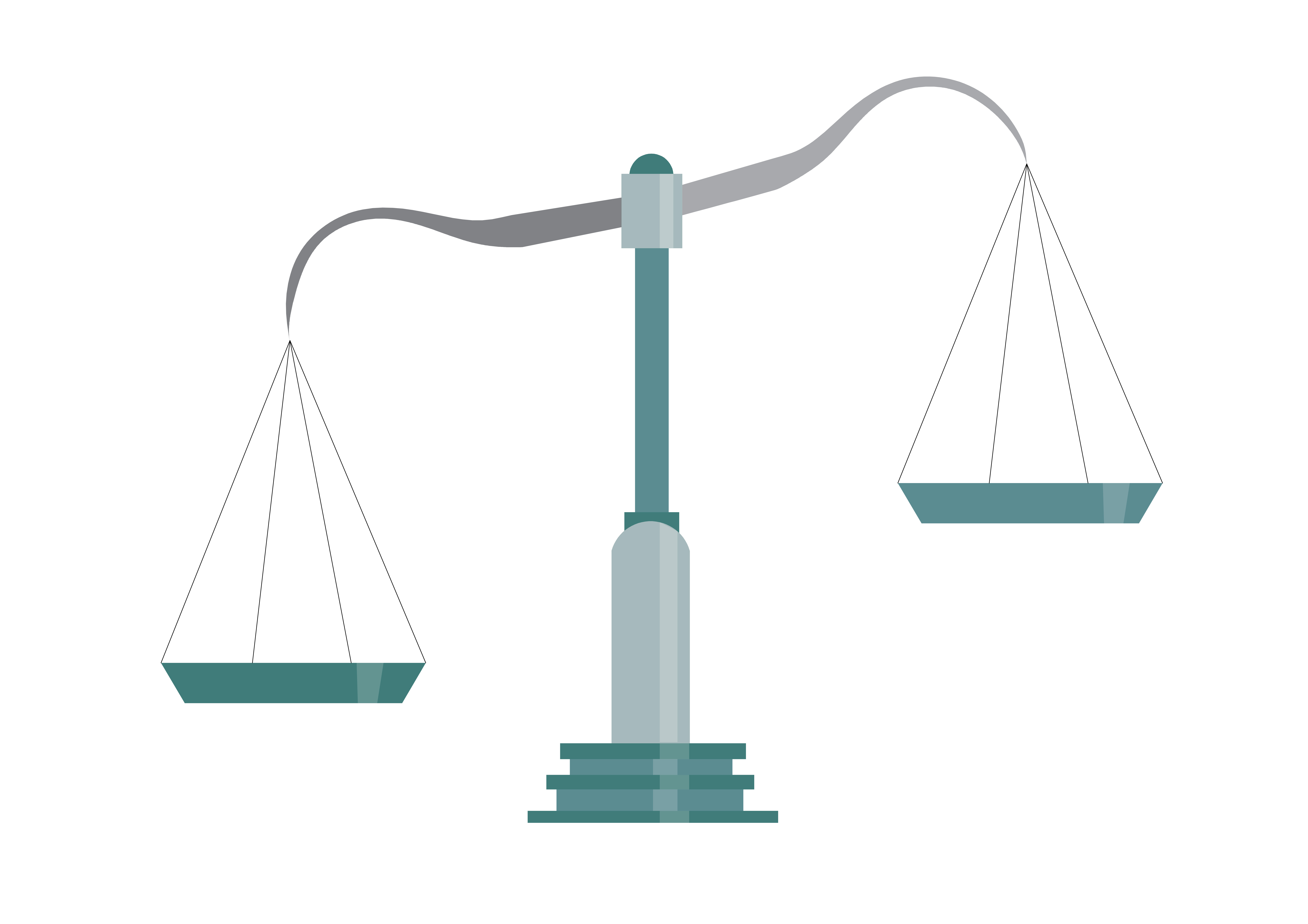Science Philanthropy / University Psychiatric Clinics Basel (UPK)
Fecal microbiome transfer in patients with severe depression
Background
The prevalence of psychiatric disorders such as major depression is increasing rapidly. However, only 50% of patients respond to antidepressants and often then with side effects, while about 20% don’t respond to any treatment.
Recent interest has been drawn towards the importance of biochemical signaling between the gastrointestinal tract and the central nervous system also known as the “microbiome-gut-brain axis”, as for example via the vagus nerve.
A new underexplored method to alter the gastrointestinal microbiota involves fecal microbiota transplantation (FMT). The goal of the procedure is to introduce or restore a stable microbial community in the gut by transferring intestinal microbiota from a healthy donor to the patient.
FMT is arguably very effective for curing Clostridium difficile infection and has good outcomes in other intestinal diseases. At the same time, applications of FMT have shown health enhancing results in previously unexpected areas including metabolic diseases, neuropsychiatric disorders, autoimmune diseases, allergic disorders, and oncology.

Goals
Seerave Foundation is supporting a prospective clinical study at the University Psychiatrics Clinics Basel (UPK), Switzerland, aiming to determine for the first time if fecal microbiota transplantation (FMT) improves the effect of antidepressants in patients with severe Major Depressive Disorder (MDD).
Team
UPK Lab

André Schmidt
Principal Investigator

Laura Mählmann
Fellow